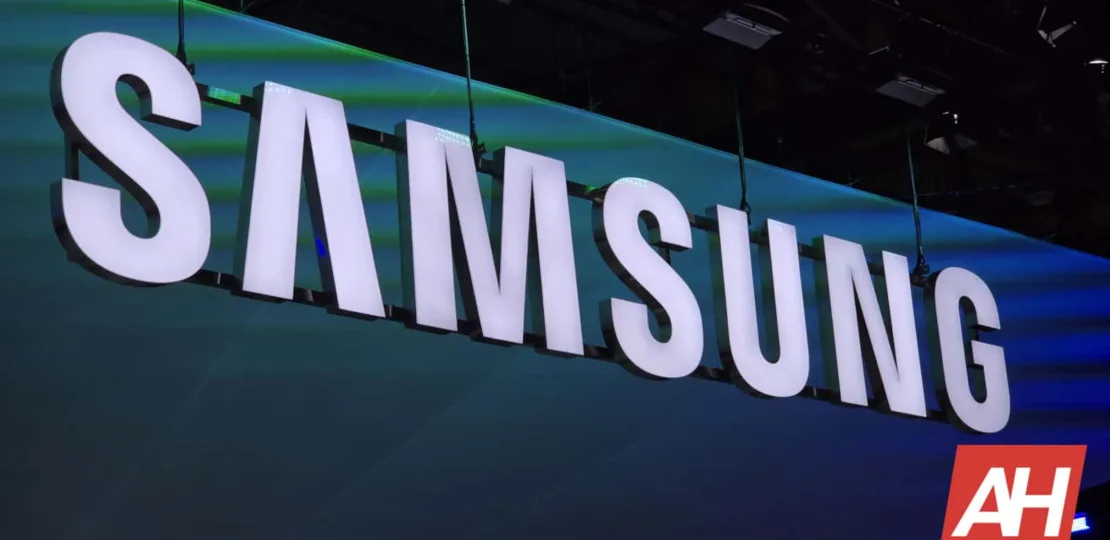
We really have to tip our hats to Epic Games. The company has single-handedly taken on various tech giants, including Apple, Google, and Samsung, over how they distribute apps on their platforms. Now, it looks like Epic Games and Samsung have reached an agreement over an antitrust lawsuit filed last year.
Epic Games settles with Samsung
In a post on X by Epic Games CEO Tim Sweeney, he announced that the company and Samsung have reached an agreement in the antitrust lawsuit. “We’re dismissing our court case against Samsung following the parties’ discussions. We are grateful that Samsung will address Epic’s concerns.”
The lawsuit was filed last year when Epic Games accused Google and Samsung of blocking access to third-party app stores. This came on the heels of Epic releasing Fortnite on third-party app stores, including its own. This was part of Epic’s way of getting Fortnite back onto mobile devices without having to pay the exorbitant commissions that companies like Apple and Google charge developers.
However, Epic says that because of Samsung’s Auto Blocker feature, which blocks downloads outside of the Google Play Store. At that time, Epic said, “Auto Blocker cements the Google Play Store as the only viable way to get apps on Samsung devices, blocking every other store from competing on a level playing field.”
Samsung responded by saying, “The features integrated into our devices are designed in accordance with Samsung’s core principles of security, privacy, and user control, and we remain fully committed to safeguarding users’ personal data. Users have the choice to disable Auto Blocker at any time. We plan to vigorously contest Epic Game’s baseless claims.”
Epic’s fight against other tech giants
In addition to Epic’s fight against Google and Samsung, the company’s most publicized legal battle has been with Apple. At the peak of Fortnite’s popularity, the game was raking in millions for Epic. However, with Apple’s 30% cut, Epic was “losing” out on a fair chunk of change.
This rubbed the company the wrong way, leading to Epic taking Apple to court. Ultimately, while Epic didn’t exactly win against Apple, it did prompt a series of changes to Apple’s App Store. Combined with the EU’s DMA, Apple was forced to open iOS to third-party app stores. It was also forced to allow developers to use outside payment services.
RELATED POSTS
View all

